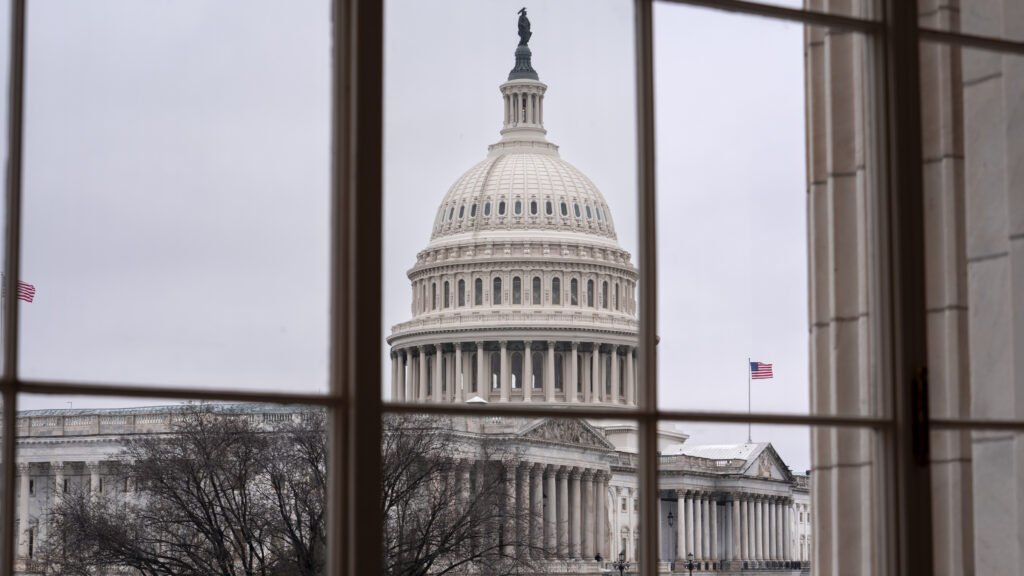The Trump administration’s plan to lower drug prices in the U.S. is once again a hot topic of discussion in Congress. Behind closed doors, congressional staffers and health policy experts from prominent think tanks met to explore policy options that would tie U.S. drug prices to those paid by other countries, a concept known as most-favored nation pricing. This marks a shift towards more aggressive measures to address the issue of high drug prices, with Republicans showing increasing interest in the most-favored nation plan that President Trump has championed.
The closed-door meeting was attended mostly by staffers from Republican offices, as noted by Richard Frank of the Brookings Institution. Additionally, Sen. Bill Cassidy (R-La.), who leads the Senate health panel, has put forth proposed legislation for an MFN policy. This signals a significant development in the ongoing efforts to tackle the rising costs of prescription drugs.
While details of the discussions remain confidential, it is clear that there is a growing momentum among lawmakers to take bold steps to address the issue of high drug prices. By potentially aligning U.S. drug prices with those of other countries, the most-favored nation pricing strategy could have far-reaching implications for the pharmaceutical industry and consumers alike.
As the debate around drug pricing continues to evolve, it is evident that finding a sustainable solution is a top priority for policymakers. The push for more aggressive measures, such as implementing most-favored nation pricing, underscores the urgency of the issue and the need for innovative solutions to ensure access to affordable medications for all Americans.
Stay tuned for further developments on this front as lawmakers navigate the complexities of drug pricing and work towards a more equitable and transparent healthcare system.


